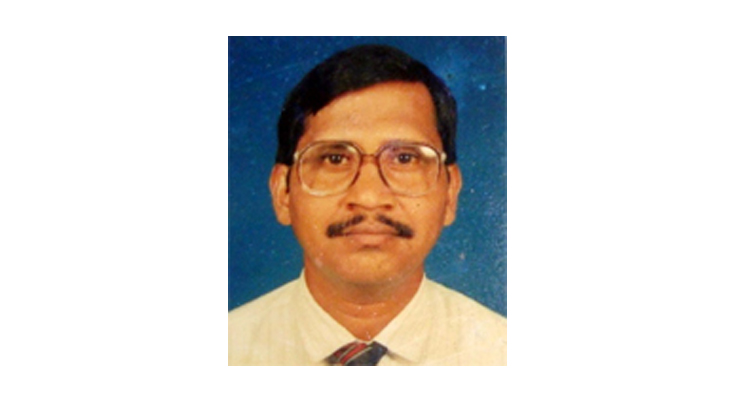A child who once crawled and groped in the dark for his future—when he finally rises on his feet and dances with confidence—it is not merely a triumph of the body, but a victory of the soul. Such a moment is not just inspiring; it becomes a symbol of transformation—when society, a sensitive doctor, and the inner strength of the afflicted come together to craft a new narrative.
Children struggling with disabilities become aware of the limits of their bodies at a very young age. While other children run and play, these children often accept crawling and dragging themselves as their only way of “walking.” In the eyes of their parents hides a silent guilt and deep concern for the future, often turning into prayers for a miracle. In such times, the sympathetic gaze of society and their own feelings of helplessness add to their suffering from the very beginning of life.
But when, at such a crucial moment, a specialist like Dr. Pramod Neema extends his support—with free diagnosis, surgeries, assistive devices, specialized training, and counseling—these same children one day stand tall, independent and proud before society.
I had the privilege of meeting such children and Dr. Neema himself at the “Cultural Program of Children Transformed from Differently-Abled to Divine,” organized by Arogya Bharat (Malwa Province) and Unique Super Specialty Hospital and Rehabilitation Trust.
On stage were children who once crawled to move forward, some who used to hop like frogs, others afflicted by polio or congenital disabilities—one who once carried a schoolbag with his mouth, another who had been mocked by peers. But today, they were all dancing with confidence, performing skits, sharing their experiences—as if pain had never touched their lives.
Today, these children are educated, well-cultured—some are entrepreneurs, some farmers, some employed in government or private sectors. They have become the support system of their families and society. All of this became possible because of Dr. Neema’s dedicated service—who treated thousands of children free of cost, giving their lives a new direction.
He organized hundreds of camps in remote regions, identified and treated thousands of children, performed surgeries, distributed assistive devices, and even after treatment, he continued to provide counseling, financial aid, and rehabilitation.
When I saw those children dancing confidently on stage, my heart swelled with joy. For them, dance was not just an art form—it was a declaration of freedom: “We are not incapable; we are uniquely capable.”
This transformation is not merely the achievement of one doctor—it is the result of collective empathy in society. If society offers not just sympathy but respect, opportunities, and appropriate support, such children can turn their limitations into strength.
Special education institutions, inclusive platforms, and sensitive policies give birth to such miracles.
Ultimately, when a child who once crawled now dances on stage, it is not just his own transformation—it is a rebirth of the entire society. It proves that disability resides only in the body, not in the soul—and when the soul awakens, even the impossible becomes possible.
This event was not just a cultural celebration, but a movement pointing society towards a new way of thinking. All the speakers shared inspiring thoughts, but Shri Subhash Hiremath’s words were particularly thought-provoking. He said, “Every person has some form of disability. Physical disability is not dangerous for society, but mental disability can be destructive—whether it exists in society or in a political party.”
Therefore, it is essential that all capable individuals contribute to this journey with their body, mind, wealth, and thoughts—so that no child in India is ever left behind due to any form of disability.
(Writer: Dr Man Mohan Prakash, Independence journalist)


